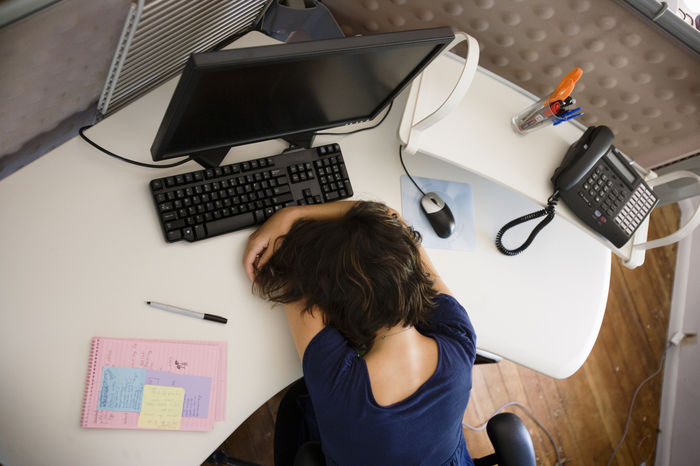People who suffer from post-holiday blues are unhappy with their routine
When holidays come to an end and it is time to return to the daily routine, around 65% of Spaniards suffer from what is known as the post-holiday blues, according to a study by the healthcare company Sanitas. About 20% recover within two days, while 35% may take up to two weeks to get over it. It is a psychological and emotional reaction to the return to daily routine, which is not currently recognized as an illness by the World Health Organization (WHO). "It can have emotional and psychological consequences and can even affect physical health", explains Mireia Cabero, professor at the Universitat Oberta de Catalunya (UOC) Faculty of Psychology and Education Sciences. Avoiding this type of syndrome is, however, more complicated than it might seem.
According to Cabero, it does not affect a specific type of person, but rather the way in which they confront their return to "non-holiday" life. "The more negative and uninteresting their routine, the more likely they are to suffer from the consequences of post-holiday blues", she points out.
It is then not simply a case of taking specific steps to avoid it, such as getting up earlier for the last few days of the holidays or not taking on too much workload on the first day back at work. "The way to avoid it is to have a routine that you are satisfied with, that you have chosen, and which you look forward to returning to", Cabero continues, making it clear that "any other solution is just a stopgap which won't solve anything and will only provide a temporary fix for the deeper problem".
But, how can we avoid falling into this situation of dissatisfaction? As a psychologist at the UOC, Cabero is well placed to offer a few pieces of advice:
- Focus on enjoying what you do in life and not dwelling on what you don't do.
- Take responsibility for your own life, and if there are things you don't like about it, change them.
- Get rid of those aspects of your life which you feel have become unnecessary.
- Decide what you want to learn or to include in your life this year and make it happen.
Children also suffer
The post-holiday blues also affect children when they return to school. It can lead to tiredness, mood swings or even stomach aches. In order to prevent this occurring, Cabero recommends that parents take the following measures:
-
Make sure you know what motivates them at school and remind them that they will soon be able to enjoy it again.
-
Gradually get them back into the habit of going to bed early so that when school starts again they will be able to wake up without having to set the alarm.
-
Make sure they eat a healthy diet that provides plenty of energy to follow the daily routine. Basically, removing all those refined sugars so typical over the summer such as ice cream, sugary drinks, etc.
-
Get them to meet up with school friends again a few days before term starts, to get back into the habit of interacting and playing with friends.
-
Go to buy school materials together so that they can start to get excited about the new term.
Cabero warns that a large part of the population does not have the life that they would really like. "The majority think that it is difficult to achieve, or simply that they do not deserve it", she adds. Faced with this situation, she recommends those people to take heart and to try to create the circumstances that will enable them to move towards the life that they really want.
Experts UOC
Press contact
-
Editorial department
